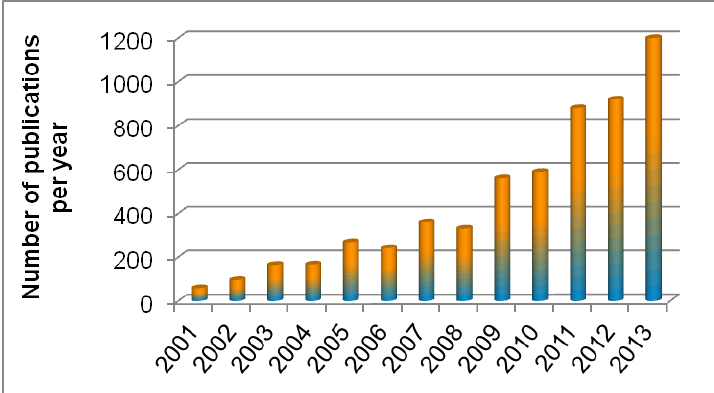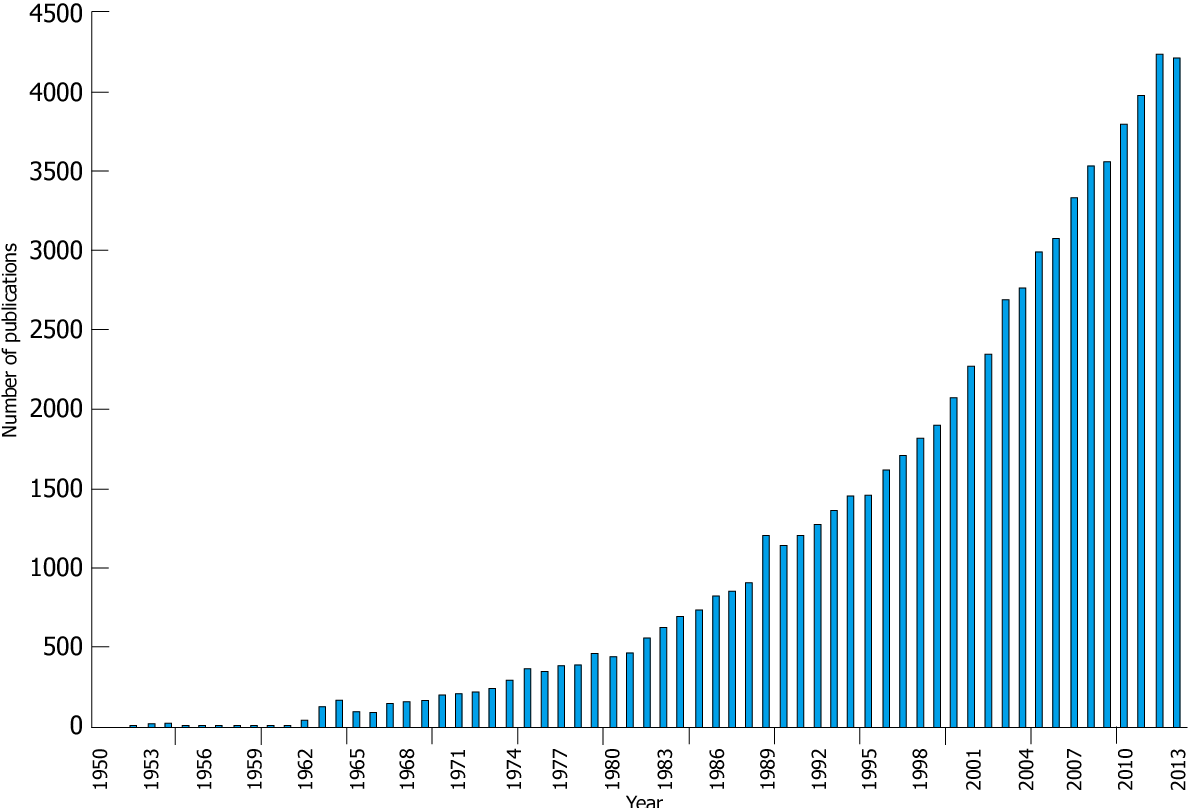Google scholar suggested a paper for me to read, I opened it and boom it was my master thesis work. My work was based on Arabic language but they claim their work is based on Telugu language. Even they did not bother to change the title. they just switched the Arabic to Telugu. Not only that, they even did not bother to change the experiment results numbers or the figures. They copy/pasted everything with small minor noticeable changes. I tried to contact the journal but I could not find any contact details for the editor. What should I do now?
Link to my master thesis:https://dspace.aus.edu/xmlui/bitstream/handle/11073/7503/35.232-2014.09%20Soha%20Galalaldin%20Ahmed.pdf?sequence=1&isAllowed=y
Link to the journal paper:http://www.j-asc.com/gallery/18-august-2018.pdf
Any guidance would be highly appreciated.
Update
I have contacted the journal's editor and as expected, no reply. I have also contacted Google via the link provided by Stig Hemmer and they have thankfully removed the links to the papers from Google search results after asking me to identify the exact content that I claim infringe upon my copyright.
Update 2
When I contacted the journal editor, I have sent a carbon-copy to the papers' authors to let them know I am aware of their plagiarisms. Nobody replied until Google removed their papers from the search result and put the following statement instead.
In response to a complaint we received under the US Digital Millennium Copyright Act, we have removed 1 result(s) from this page. If you wish, you may read the DMCA complaint that caused the removal(s) at LumenDatabase.org.
Then, one author contacted me claiming that his student stole my work without his knowledge and that he would take the right measure to ensure pulling the two papers from the journal.
I hope this gives hope to anyone who has been a victim of plagiarism. You should not give up and you should stand up for your self and your work and God will assist you.
Thank you for all your comments, pieces of advice, and direction. I would not have been able to protect my right without the StackExchange community guidance.


